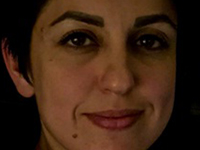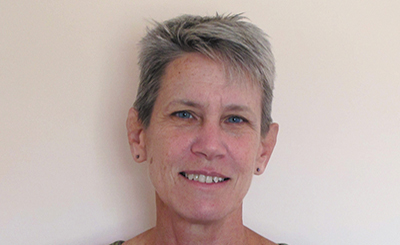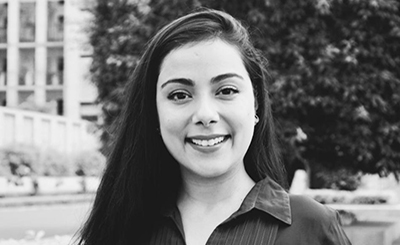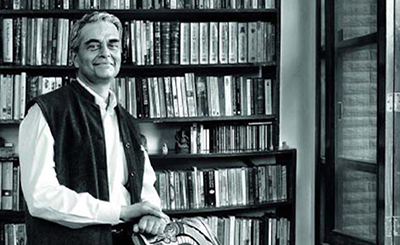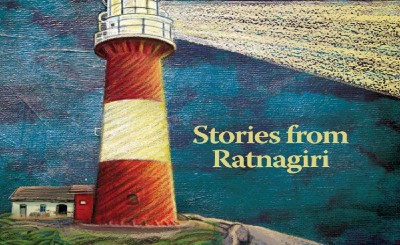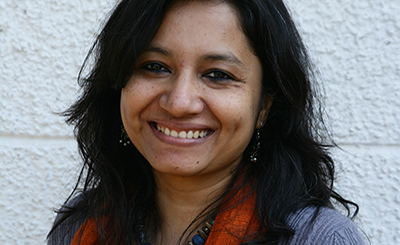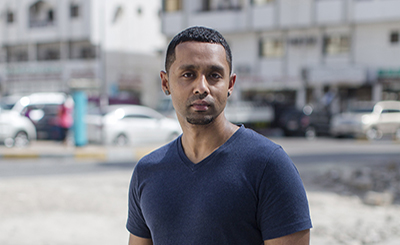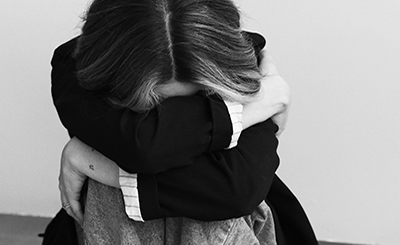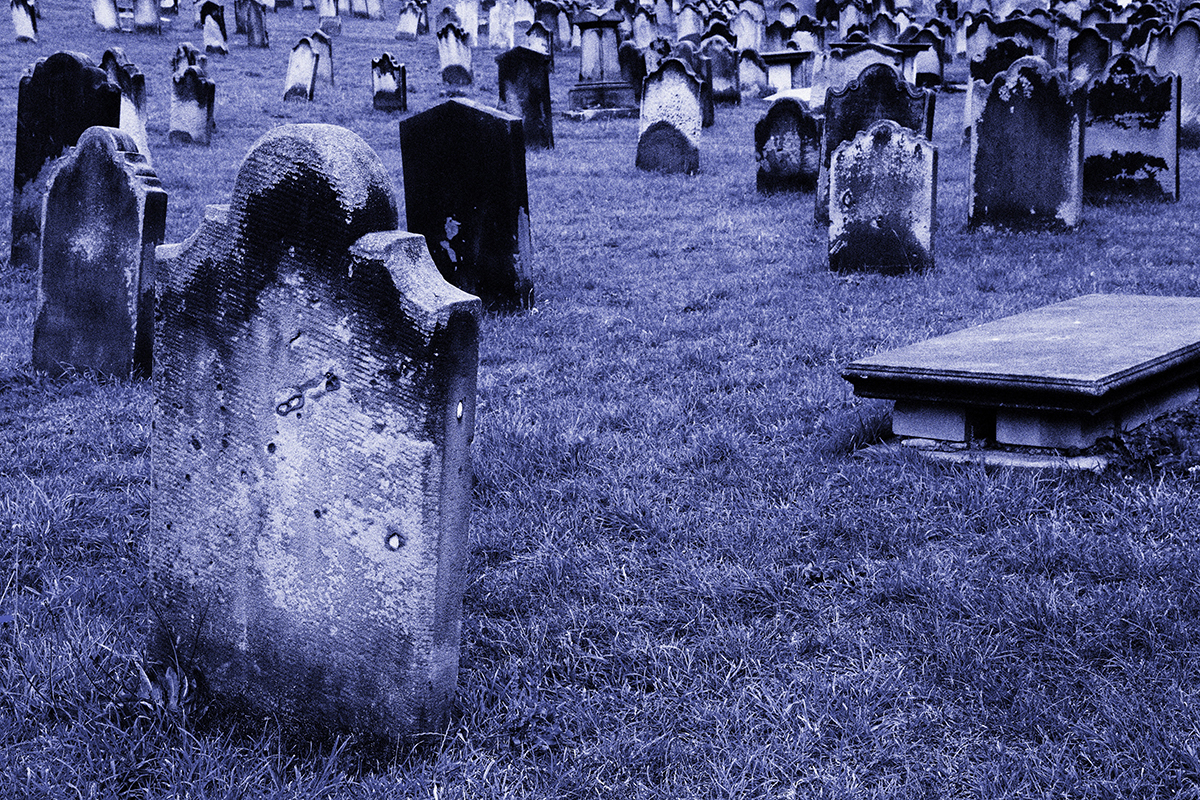
An extract from a novel-in-progress by the director of the Asia Pacific Writers and Translators, as part of World Poetry/Prose Portfolio [WPP], curated by Sudeep Sen
Donate Now
Aziz
There are those who can change history and those who cannot.
The dead cannot change history or their own future. Buried, in the land, or in their own selfish desires and daily routines, or in forceful silences, they are forever embalmed in the stories others construct for them.
I did not want to be dead for the thousands of years that I lived. But I was born dead every time, a woman, in male dominated empires, monarchies who used us as objects of political powers dressing us like mannequins in a window shop to demonstrate to the world how they ruled their country according to the seasons, imprisoning us if we spoke, denying us education, or the power to dream that we, too, can live. Our bodies lived dutifully, going through the routines and motions, every time. Childhood, marriage to some man we didn’t know, births and then death. Abiding by the rules of modesty and chastity they imposed on us, we only invested in the afterlife. If I could not live, dream, enjoy, dance and change my own future in this life, I was promised that I could in the afterlife, in death.
But after a while I realized too late that it was not true. Even in death, the dead are always dead.
Then I decided. In death, I needed to change the living, to give them the chance to live, to dream, to manifest their own future. To live.
But for that to happen, they needed to first change their history. Not just their own personal history, but the history of a nation, its mindsets and beliefs. That is what I set out to do. To change the history of the living dead, so they can live in life, or at least die trying. There is much pride in that.
But no one listens to a grandmother, buried or not, and even less so in a dream. And the dead cannot influence or change history. So, I needed to find another way.
This is the story of how after thousands of years I finally managed to do that. But like Khizr, I had to encourage those who were my Moseses for change to look beyond what they thought was the consequences of their actions and trust in the future they could not see yet if their own current act might seem wrong or even pure evil. And it was not easy and without its sacrifices.
Yasaman
Aziz came to my dream. It was the night before I was to hand in the final manuscript to the publisher. She held my hands. Her touch was warm and real. I told her I had missed her. She said she has always been here, watching over me. I smiled and squeezed her right hand in mine. I was worried as I was about to hand over the manuscript to the woman behind the desk. Was I doing the right thing? I had lost many sleepless nights and had many nightmares about the consequences of publishing this book. But suddenly, Aziz pushed my hand forward. When I turned to look at her, she was a beautiful young girl with a scarf over her head and a school uniform, her younger self, perhaps. ‘Do it. This is the best thing you will do.’
I hesitated, fear filled my entire body, still holding on to her hand. I adored her. My grandmother Aziz, with white fluffy hair that she always covered with a tiny black scarf knotted tightly under her throat, was my life when I was younger. During the summers when we went back, when my grandmother spread the ironed bedding with tiny pink flowers on the floor to prepare for siesta during scorching breezeless summer afternoons of Tehran with nothing else to do, I always lay down next to her. But I did not sleep as I listened to the passing of the time. Instead with the harmony of the tic-toc of the orange faced clock above the black and white television set which had not been turned on in years, I would watch the lines on the landscape of her face and body. If each line could speak it would tell its own history, of wars, famines, unveilings and re-veilings and revolutions, of deaths, of the pain of excess childbirths, and of injustices. Her body survived for eighty something years, but she I never felt like she really lived. Illiterate and powerless she raised a family silently, to the best of her ability and then like all of the other women died anonymously. When she died, on her prayer mat in the middle of the night, Iran died for me. I cried for weeks. Her death, and the immanent death of every grandmother, took with her parts of my personal history. This is why I had written this book. It was her story and that of many who would never be heard. But I also knew that it was the cause of much trouble.
I froze with the manuscript in my hand, between her who would always be silent and the publisher who could make her story known to the world. But then I realized, this person still holding onto my hand was not my grandmother. She was a young girl. ‘Who are you?’ I asked.
‘Please just publish it,’ was the response.
She was not my grandmother. I could not trust her. Instinctively I pushed back my hand, and held onto the manuscript. ‘You have to publish,’ she said, as I turned around. But she was not there anymore. With the manuscript still in my hand and with a great fear, I woke up, my heart beating rapidly. There were tears on my face.
I knew despite all this fear, I should listen to her.
Yasaman
I first met him, in a supermarket parking in Campsie on the day I signed the contract for the book. It was the unlikeliest of places for two Iranians to encounter each other in Sydney. Somewhere between Canterbury, the wanna be trendy innerwest suburb of Sydney that didn’t quiet make it after Dulwich Hill, and where the real West began in Lakemba, Campsie was a forgotten suburb of Sydney, a mishmash of shops and people, of those who couldn’t really make it either way, and were stuck half way and forgotten. Kind of like ourselves.
I hated living near Campsie. I was one of the only Iranians here. When we told anyone we lived there, they looked at us like, why? Why are you not in Auburn where most newly arrived and refugees are, or the upper class posh suburb of Hornsby where all the better off Iranians lived? I had no response to that. Like those who had come here with the hope of transiting through we had been stuck because we had settled in. We hadn’t made it East enough, West enough or North enough for that matter. And for then Campsie had the closest shopping centre, with a Woolworths supermarket, I had to me.
After nearly four years here I had come to the bleating conclusion that the supermarket, like Campsie itself was a forgotten entity, which aside from having the most limited selection of ranges had also the worst parking possible for a supermarket. The undercover parking with an uneven ramp and floor, broken and fended fences, dark, always smelled like someone had just pissed next to your car while you were busy smelling strawberries upstairs.
That day I could not afford the drive to Leichhardt or Roselands. There were to be fifteen people for dinner at my house to celebrate my book contract in five hours. I had to rush to get my shopping done and get home quickly. I was pushing the cart down the slippery slopes of the ramp when he had come to my rescue as I nearly smashed into the fencing with the trolley as its wobbly wheels gave way. He had just managed to run in on time to stop it with his body weight. If he had not, I would have probably hit the fence and flipped over the trolley myself.
After I had caught my breath, he pushed the trolley to my car and helped unload the bags. I thanked him.
‘No problem. I am Sydney.’ He said which confused me. Then he repeated himself, ‘Nice to meet you, my name Sydney.’ Before I could respond he said, ‘but you know this…..not my job. My job, only to…’ he had made a gesture to remember a word, ‘how you say, pull, push, trolley only. This…not my job.’
‘Well…thank you,’ I said again. I ruffled in my bag for a $5 note. Was $5 enough? Would I offend him? He continued, ‘but you nice lady. I like…’ he paused looking for a word ‘help you.’ I pulled out my hand from my bag.
‘Thank you.’ He waved goodbye and began to push the empty lopsided trolley across the uneven and dark parking lot.
I watched him leave, surprised at his kindness. I wondered where he was from with his olive sun tanned skin, large brown eyes, and hair tied back in a ponytail. He could have easily been Iranian. But there were no Iranians around this area, especially in jobs like this. He was young, no more than thirty, but his hair was streaked with gray highlights like he had aged too soon. With his inability to speak English beyond a few words, it was hard to pick up on an identifiable accent.
I forgot about Sydney until next time I went to the Campsie library. I had wanted to avoid the Woolworths car park, but after driving around the block it was the most convenient place to park. I ended up borrowing more books than anticipated, and was balancing them like an acrobat, walking down the parking slope when some Chinese kid suddenly ran from behind. I lost my balance and the books flew onto the piss-infested floor. As the mother and child carelessly passed me, as if nothing had happened, and as I glared at them despite them ignoring me, I huddled to pick up the books when I saw Sydney running across the car park.
‘Hello. It is you…again. The nice lady. You not park here anymore.’
‘Why?’ I said.
‘Because you, this parking, danger together, every time’ he grinned.
I felt myself turn bright red at this remark. His grin turned into almost a laugh as he saw this. ‘Don’t worry.’
‘I am sorry,’ I said as I balanced the books on top of each other.
‘Come. I help you,’ he walked towards my car carrying my books. ‘You, read. Many?’
‘Yes. I am researching a book,’ I said as I opened the door to the car. I noticed now that he had a nametag over his florescent jacket. His name was spelled Ceydny.
‘You know, they spelled your name wrong.’
‘What you mean?’
‘Your name.’
‘Yes, my name Sydney.’
‘Yes, I know,’ I said as I tapped the name card on his chest, ‘but spelling…it is wrong.’
‘This,’ he frowned as he looked down at the badge ‘No….’
My phone rang. I held up my hand to Sydney to excuse me. It was my father from Los Angeles. I spoke briefly to him in Persian. When I told him I am in the car park, he quickly said goodbye. Like always, telegraphic, and pragmatic, to the point only to make sure we were well.
When I hung up, I saw Sydney still standing there, smiling, with glistening eyes.
‘You are Iranian?’ He said in Persian.
‘Yes. You too?’
‘Nice to meet you too,’ he breathed a sigh of relief. ‘What are you doing here? There are not many Iranians in this area. You are the first I have seen.’
‘Yes, I know. What are you doing here, then?’ I asked.
‘I am new.’
‘New?’
‘I have been here six weeks.’
‘You mean six months?’
‘No, no…six weeks.’
‘Wow. From Iran? Really new.’
‘Yes. Nice to meet an Iranian. I don’t know anyone here yet.’
‘Nice to meet you too,’ I put out my hand and he shook it. ‘By the way I wanted to say they spelled your name wrong on the name badge.’
‘No they didn’t. That is how I like to write it.’
‘Why?’
‘Because… ’ his phone rang as he began to tell me the story.
He excused himself. ‘Yes boss. Yes….Sure. Yes. Ok.’
He turned to me. ‘I have to go. Sorry my boss is waiting for me upstairs.’
‘What’s your name, then?’ I was curious.
‘I lost it.’
‘What do you mean?’
‘I dropped it in the ocean,’ he waved his hand and ran off.
I stood there for a few minutes and pondered on what he meant.
Somehow, I was interested to know what he was doing here. Perhaps it was the kindness of a stranger, of a countryman towards me, or my own desire to help him because I felt like he needed it, that attracted me to him.
And that is how I first met Cydney, pushing trolleys in the daintiest of places in Australia. Had I known what this chance encounter would bring, I probably would have preferred to let myself flip over the trolley.
Mohammad
Yasaman. She was very special to me. I knew this, but it took me many years to believe. I realized much later, that it was predicted for me a in a dream when I was about ten when an old man and his granddaughter were passing through our village.
Shamsabad, our tiny and remote village of less than a hundred where I was born in the middle of the desert, was a dead-end. Off the main road, its inhabitants had frozen in time and history. Our only connection to the world outside was a half broken radio owned by my grandfather, Baba Aziz. He was the oldest and wisest man in the village. Whenever we went to his carpentry workshop where he made basic tools for the villagers’ use, the battery operated radio spoke about the war in the background. During our simple lunch of bread and cheese which we ate usually in the shade outside the dark room where he worked, he would tell us we were very lucky to be here.
The war, he predicted, would be over soon, and yet, we had remained literally untouched. My ten-year-old self had no idea what war was. I asked him many times, he told me not to worry about it, and just thank God that we lived here, where we were relatively safe. Even then, I could see fear in my grandmother’s face every time she went to the boundaries of the village to tend to something as she wore the scarf that she usually did loosely around her hair on these occasions. She was scared of the Shah’s men. Those shadowy figures, the tall riders in leather gear and whips who had rampaged and terrorized our village one beautiful spring morning as my grandmother and other women had gone to the village well to fetch water. Even though I was not born then, I remember the mirage of the galloping horses. They suddenly materialized out of the dust scaring the women and children who always went in groups. They feared wolves and other wild animals, never expecting this kind of attack. They had circled us high and tall on their horses, kicking up a dust storm. We huddled together full of fear as the riders lashed their whips in the air. By the order of the Shahanshah, they were demanding, all the women should take off their scarves immediately and never wear it from that day onwards. The young and old women, including my teenage mother and aging grandmother, holding each other tightly and to protect themselves from the whip they lashed in the air, pulled off their headscarves. Humiliated, shamed, and bare headed, the women and the children, born and unborn, whose memories were being formed, were escorted back to the village by the riders. The village men, angry with what they were witnessing, their wives and daughters, bare headed, were ready and charging towards them with shovels and axes to fight back.
Most children don’t remember the moments before their births. But I do, clearly, as my mother at the sight of my grandfather and father ran for the safety of the house. I felt the whip that landed on her back. When I came out several hours later, I had whip marks on my back that were bleeding. They remained with me all my life. My first cries were not like other children who are saddened by leaving the oblivious of their mother’s kind womb. Mine were of protest from the second I was born. Protest against a system that pushed me out too early, and which killed my mother who, having gone into shock, died during my birth.
I grew up fearful of men on horseback, and with a sharp tongue I protested against everything. Although the tall men rampaging through the desert on horseback in leather gear, had never been back since, everyone still feared their return so much that they had continued to loosely follow their orders. Women did wear the scarf but in a way that they could pull it off if the riders returned, and the men eventually managed to find new comfort in odd shaped clothing with too many stitches and unnecessary folds and hats that continued to blow away in the wind.
But despite everyone’s fear, my grandfather assured everyone that with the war, there was no time for anyone to waste chasing after little village people like us.
We had to be grateful, not only that we were away from the war but also because we were away from all the temptations, of the seduction and corruption the Shah had allowed and introduced into the cities. Here there was no danger, everyone was family and trusted each other. Although some brave few had left, no one new had settled in the village as long as my grandfather and his father remembered.
Everyone else seemed happy. They had accepted their destiny, their history and unchanging future. Their fate, their sarnevesht. They tended to their herds, planted and harvested, married each other’s neighbors and cousins, had children, had grandchildren and eventually died and returned to the land.
But how could I, a ten-year-old who was born early because of the injustices of a system I never knew or understood, which had above all been the cause of my mother’s death, not wonder about what was beyond the last house of the village, and be grateful?
It all changed on a day when an elderly man wearing a tattered white robe, a light grey turban around his head, a bowl in his hand, and a large tree branch he used as a walking stick came into the village with his granddaughter, a young girl also wearing an old sequined pink dress with a pair of black pants under it, and a pink shawl around her head, emerged from the desert. Their arrival was much softer than the riders a decade before. As they entered the village boundaries and the old man nodded his head hello, everyone curiously followed these strangers. Without talking to anyone they made their way, as if knowing where they were going, through the village and knocked on Baba Aziz’s door. While the adults, still curious but out of respect, did not intrude, the children followed the two into Baba Aziz’s garden. My grandfather shooed them away and welcomed the two inside, closing the blue door.
Later, word spread that Baba Aziz had invited the entire village to the square. The visitors were Sufi dervishes who were on their way to a gathering in the middle of the desert. They would be our guests for a few days before they were off. We should welcome them in peace like family.
Rumors soon began that they had special powers; that he was a fortune teller and could see the future like it had already happened. The old man and his granddaughter, Ishtar, stayed in the village for a week with my uncle, two houses from us. He had been going around recalling pasts and foretelling futures, intriguing the naïve villagers’ minds. But I had avoided him.
I did not want to know my future. What did it have in store for me? A young boy, still uneducated in the 1940s of Iran, in a distant village in the middle of nowhere had no hope and I knew it even at that age. He would predict some bleak times of farming or cattle rearing if I was lucky, or may be with the changing times, a future in the city working some low level job. He would tell me I may have x number of kids, and would love my wife. That is what he had predicted for my cousins who were thrilled about these not so unpredictable futures. When they came to me and enthusiastically told me what he had told them, I said, they didn’t need an old man to tell them because I could have predicted that for them as well. Their future was written in their history. But they insisted that he was unique and there was much truth in what he had to say. I still avoided him and did not go my uncle’s house for the entire week. On the day that he and Ishtar were supposed to have left, early in the morning, I set out to my uncle’s house, to see my cousin. As soon as I had stepped out of the gate to our own house, and entered into the muddy street, I saw who I thought was Ishtar coming towards me. She stopped me. ‘I have been looking for you. Where have you been?’
I was surprised by her maturity. ‘You were looking for me?’
‘I need to tell you something.’
‘What do you need to tell me?’
‘Listen to what I have to tell you,’ she said. I froze by her seriousness. ‘You will remember this very clearly. You will have four children. One of them will be very special. She will want to fly to faraway places. Do not stop her. Do not resist her. She is very special. It is her destiny. She will change things for you and many people.’
‘I will have four children and one of them will be very special.’ I repeated as if in a trance. But why was she telling me this?
‘You, yourself are special. You will travel much further than this village. You will be rich one day and your words will influence the world. And I know you don’t believe me but mark this day, and remember me on the day when you have established yourself in a foreign land and when you are sitting in your balcony enjoying the view of the ocean.’
I was in a large balcony, overlooking the ocean. It was a bright and sunny day. From behind me my wife came into the balcony asking me if I was alright and if I had spoken to Yassi.
The girl’s voice pulled me back and I was standing in the village.
‘I have to tell you this, so you take special care of the girl who will be born to you. She will have some rough times but you always need to support her in every decision she makes when she is an adult. Never deny her anything she wishes to do because she has a grander purpose and she needs your support. Your backing of her will also bring good things to your life. You and her are very important in changing future histories.’
I had stood there, staring at her and marked that moment. It was an early spring morning. The birds were singing and the mountains were still covered with snow. The air was slightly chilly. There was no one else around. A rough wind ran through the alley with mud walls and ruffled the leaves. A chill ran down my spine. The door behind me creaked. I turned to close it. When I looked back, she was gone.
Then, I heard a rooster announcing dawn. I opened my eyes and found myself in my bed.
It was, however, only when Yasaman was an adult, when she had begun writing her book that I suddenly remembered this. I woke up one afternoon after a nap in Los Angeles, nearly sixty years after that episode, the day after she signed her book contract. I went into the balcony overlooking the Ocean wondering about my daughter when my wife came in from the bedroom and asked ‘Have you spoken to Yassi today?’ Everything came back to me so clearly as if it happened yesterday.
Of all my children Yasaman was the most special one, the one who had broken out and traveled further than her brother and sisters. By now she was in Sydney. She had finally signed a book contract for a fiction where her grandmother Aziz was the central character.
We spoke regularly. I tried to call her at least every other day. Of all my children, I enjoyed talking to her most. She told me about her ideas, her plans. I also worried about her most. The afternoon that I remembered the dream, I called her soon after. I asked how she was doing, and she told me she was well, and in a car park. I did not want to disturb her, so I hung up quickly. She sounded very happy, but I had a feeling that I should try to be extra vigilant of her, even though she was thousands of kilometers away. Something did not feel right but I did not know what and I did not know how to ask her because she had a tendency to get offended if I questioned her, especially about her work.
More from The Byword
Comments
*Comments will be moderated



